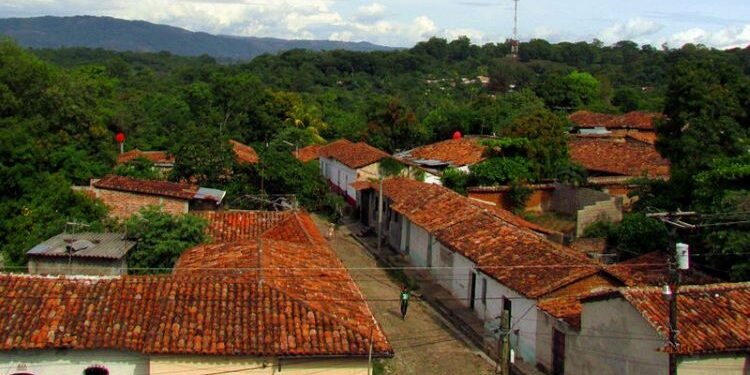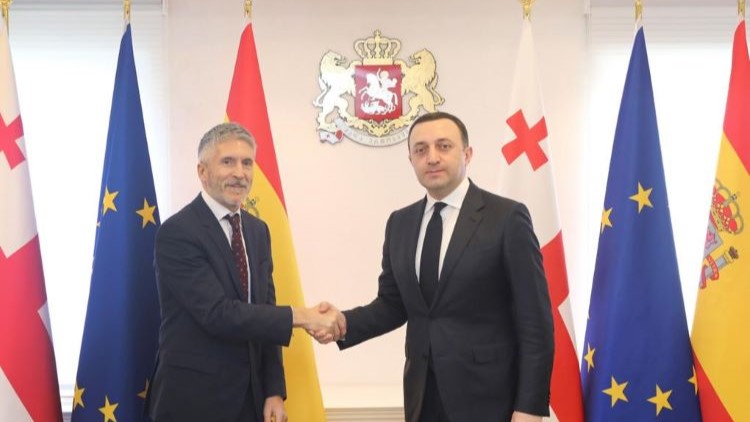The Diplomat
Last Tuesday, the Council of Ministers approved the Minutes of the IX Meeting of the Spanish-Salvadorian Joint Commission for Cooperation, adopting the Spain-El Salvador Country Partnership Framework (MAP, for its acronym in Spanish) 2023-2026.
The Country Partnership Frameworks are the strategic and geographic planning instruments of the Spanish Cooperation. Their main objective is to have a coherent, global and shared vision with the partner country on human development and the fight against poverty, supporting partner countries for their sustainable development within the framework of the 2030 Agenda.
The El Salvador-Spain MAP for the period 2023-2026, signed on March 15, 2023 in San Salvador, is framed within the Country Partnership Framework 2015-2019 and the Minutes of the VIII Meeting of the Joint Spanish-Salvadoran Commission for Cooperation. With its signature, Spain and El Salvador commit to the fulfillment of the 2030 Agenda and the Sustainable Development Goals (SDGs). To this end, Spanish Cooperation will adopt a flexible approach adapted to the evolving reality on the ground that contributes to the achievement of different Goals and Lines of Action in El Salvador.
As cross-cutting principles, the approach based on human rights and fundamental freedoms, gender equality, respect for cultural diversity and environmental sustainability are identified. With these approaches, Spanish Cooperation interventions will be promoted as Spain’s commitment to El Salvador’s various national strategies, including the Cuscatlán Plan, the 2019-2024 Economic Development Strategy and the 2019-2024 Development, Protection and Social Inclusion Plan (PDS).
The El Salvador-Spain Country Partnership Framework 2023-2026 concentrates the efforts of Spanish Cooperation around several development objectives: the recovery of the productive fabric and resilience, access to quality education for the vulnerable population of all ages, gender equality and the empowerment of women in their life cycle, increased coverage and quality of access to water, sanitation and hygiene, and the strengthening of the rule of law, peacebuilding, social welfare and citizen security.
El Salvador ranks among the countries with medium human development and is number 124 in the 2020 Human Development Report, out of a total of 188 countries. Spanish Cooperation was established in El Salvador after the 1986 earthquake and officially since 1987 with the signing of the first Basic Cooperation Agreement, which was renewed in October 2008. Apart from the MAP, Spanish Cooperation has used innovative cooperation instruments in El Salvador, such as delegated cooperation, reimbursable cooperation, triangular cooperation and support to El Salvador as a South-South Cooperation provider country.
The Spanish Agency for International Development Cooperation (AECID) is also present in the country through the Spanish Cultural Center in El Salvador, created in 1998, which channels Cultural Cooperation, both in its more classical approach and through interventions within the framework of the Culture and Development strategy. Queen Letizia’s first cooperation trip was made precisely to Honduras and El Salvador in May 2015.







